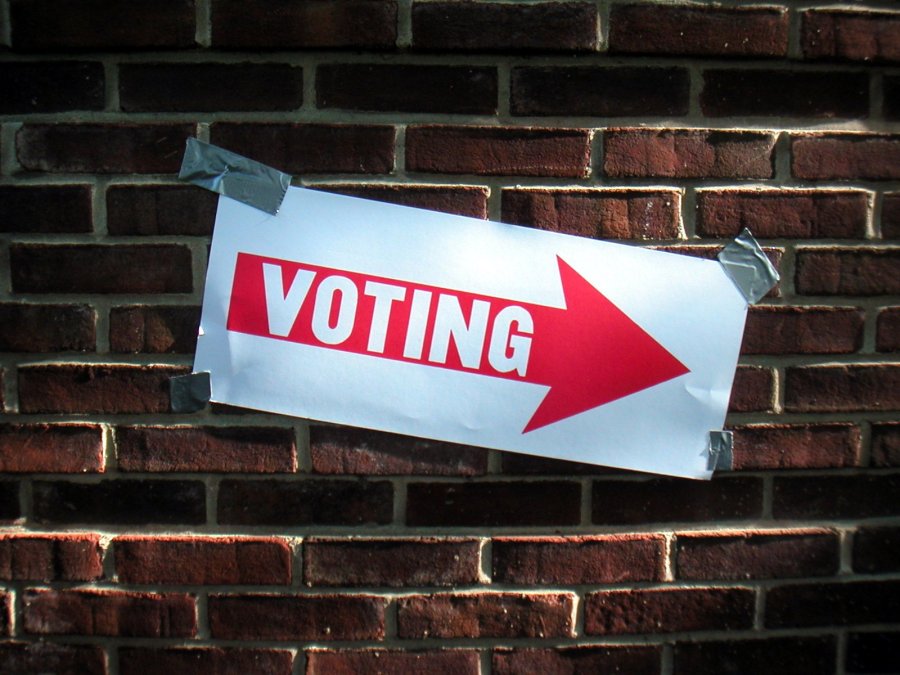Judge upholds paperless voting in Georgia, but pressures for change

A federal judge on Monday denied a request by Georgia voters to have the state refrain from using its paperless voting machines for the midterm elections and use paper ballots statewide.
Plaintiffs in the ongoing case had asked for a preliminary injunction on the the use of direct-recording electronic (DRE) voting machines out of concern that they are easy to hack, since they do not produce a verifiable paper record for each vote.
Judge Amy Totenberg of the Northern District of Georgia said in her 46-page opinion that the burden of implementing an entirely different voting system across the state in the few weeks before Election Day outweighed the immediate security concerns associated with DREs.
Totenberg nonetheless criticized the state for letting it get to this point. The judge said that the defendants “have delayed in grappling with the heightened critical cybersecurity issues of our era posed for the State’s dated, vulnerable voting system that provides no independent paper audit trail.”
About a dozen states currently use DREs in elections. Georgia is the largest of five states that use them exclusively. Security experts have warned of the risks of using such machines because of hackers’ theoretical ability to overcome air gaps and affect the vote count. Plaintiffs in the case are suing Georgia Secretary of State Brian Kemp in an attempt to get the state to stop using DREs as soon as possible. The preliminary injunction was an emergency effort to get it done before this November’s elections.
Kemp and the other defendants have maintained that although all of Georgia’s current machines are paperless, the state uses best practices to avoid interference. Additionally, his office recently started a commission to explore how to implement a more secure voting system by 2020.
“With this ruling behind us, we will continue our preparations for a secure, orderly election in November and move forward with the bipartisan SAFE Commission’s work to responsibly upgrade Georgia’s secure – but aging – voting system. As I have said many times over, our state needs a verifiable paper trail, but we cannot make such a dramatic change this election cycle,” Kemp, who also happens to be running for governor, said in an emailed statement.
But plaintiffs don’t buy that the current system is fit. In court proceedings where state witnesses explained Georgia’s system of programming ballots, it became clear that critical files are often on systems connected to phone lines and move about various network environments via USB sticks.
David Cross, who represents some of the plaintiffs, said that the state lacks basic understanding of the security standards they profess.
“They have long maintained that the system is air-gapped both at the state and the county level and it’s become clear that they just fundamentally don’t understand what that means,” Cross said in an interview before the ruling.
Cross contended that it’s feasible for the Georgia to move to a paper-based system using optical scanners that the state does in fact have, but are normally used for early or absentee voting.
“Really what came to light is they frankly just don’t want to put in the effort that it’s going to take the transfer to paper ballots,” Cross said.
But the judge ultimately ruled that it’s not worth the potential hiccups that might come with overhauling a statewide system in a matter of weeks.
“Last-minute, wholesale changes in the voting process operating in over 2,600 precincts, along with scheduled early voting arrangements, could predictably run the voting process and voter participation amuck. Transparency and accountability are, at the very least, essential to addressing the significant issues that underlie this case,” Totenberg wrote.
While the state is searching for a new system and has issued a request for information from vendors, plaintiffs are pushing forward with the suit for a permanent injunction. Cross indicated that he doesn’t trust that Kemp’s search for a new system will yield good results.
“It’s entirely possible that they could conclude that paperless voting machines are fine and they’ll just get newer versions of paperless voting machines. We hope that’s not the case, but currently there’s nothing preventing them from doing that,” Cross said.
Despite getting its way in the short term, the state did get substantial pressure in Totenberg’s opinion to move fast on revamping its current voting system.
“[T]he Court advises the Defendants that further delay is not tolerable in their confronting and tackling the challenges before the State’s election balloting system,” Totenberg wrote. “The State’s posture in this litigation – and some of the testimony and evidence presented – indicated that the Defendants and State election officials had buried their heads in the sand.”
You can read Tonenberg’s opinion below.
UPDATE, 1:30 p.m. EDT: Kemp, along with members of the Georgia State Election Board on the defendants list, filed a motion for a federal appeals court to dismiss the case.
[documentcloud url=”https://www.documentcloud.org/documents/4900884-Totenberg-Georgia-DRE-Preliminary-Injunction.html” responsive=true sidebar=false]





